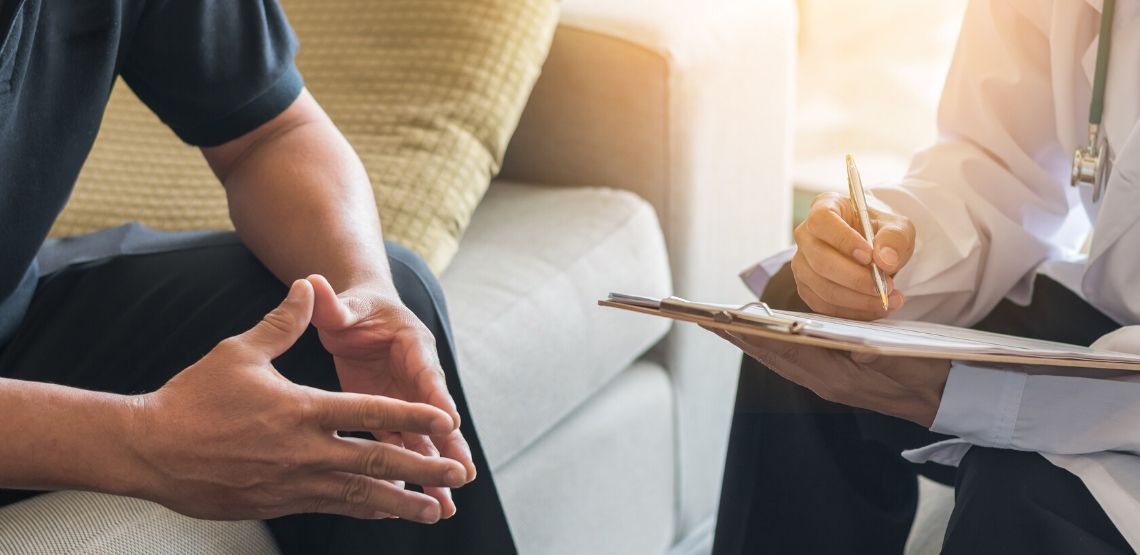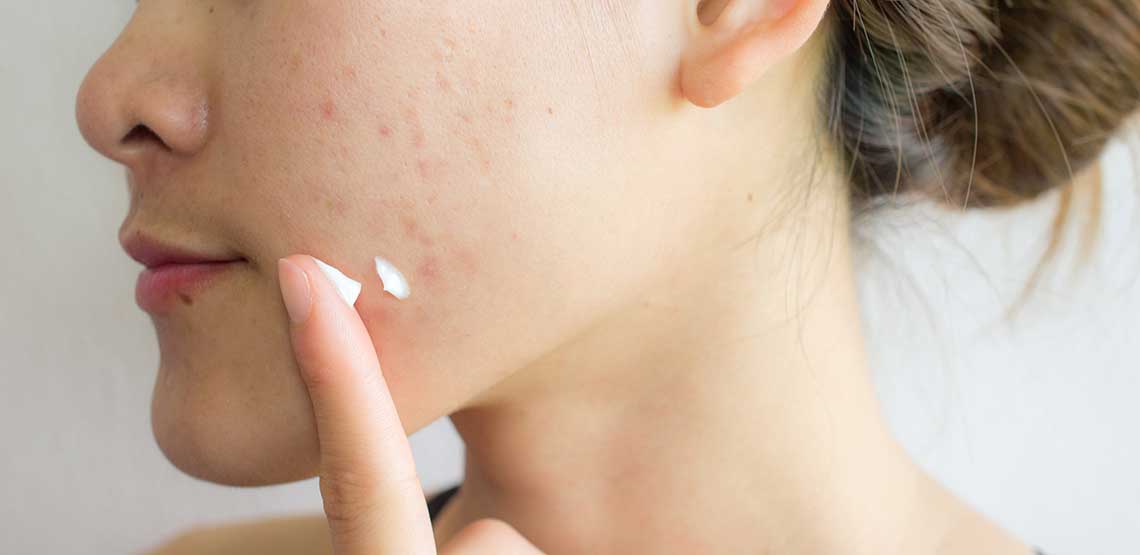Understanding Depression Treatment Options
Being diagnosed with depression can be very frightening. Luckily, there are various depression treatments to consider that can help bring relief, for children, teenagers, and adults.
Depression (also called major depressive disorder or clinical depression) is much more than just having “the blues” or something you can “snap out of.”
It is a mood disorder that causes a persistent feeling of sadness, loss of interest and loss of motivation. It affects how you feel, think and behave and can even lead to physical problems. However, given the right treatment, most depression sufferers can feel better.
The Importance of Treating Depression
A serious disorder, depression often gets worse if it’s not treated. This can result in behavioral, emotional and health problems. It could even lead to suicide.
The Mayo Clinic cites the following complications associated with depression:
- Excess weight or obesity
- Pain or physical illness
- Alcohol or drug misuse
- Anxiety, panic disorder or social phobia
- Problems in relationships
- Problems at work or school
- Social isolation
- Suicidal feelings, attempts, or suicide
- Self-harm (also called self-mutilation), like cutting
- Premature death from medical condition
As you can see, these complications are very serious and getting treatment is of the utmost importance. Here are different types of treatment that can be sought for relief from depression.
The Various Types of Depression Treatments
It’s important to note that treatment for depression will depend on the severity of the depression, as well as how the depression sufferer responds to different treatments. For most people, therapy and medication are both used to give better result than either of these alone.
Psychotherapy
Usually just called “therapy”, seeing a psychologist can have a lot of benefits. There are various types of psychotherapy, many of which have been proven to be highly effective in the treatment of depression. Three types of psychotherapy have been quite extensively researched.
Cognitive Behavioral Therapy (CBT)
CBT assesses and then changes negative thinking patterns associated with depression. This therapy is structured, and its goal is to recognize these negative thought patterns and to teach coping strategies. Often time-limited, CBT usually lasts for 8-16 sessions. Rather than focus on the past, CBT puts a bigger focus on the present, the future, and how to change and heal in the present. CBT also has a strong research base that proves it to be effective.
Interpersonal Therapy (IPT)
IPT has a focus on improving problems in personal relationships as well as other changes in life that could contribute to the depression. During the therapy sessions, therapists teach the depression sufferer how to not only evaluate how they interact with others, but also how to better interact and relate to others. Like CBT, IPT is often limited to only a number of sessions.
Psychodynamic Therapy
This therapy’s approach is to recognize and understand negative patterns in behavior and feelings that are rooted in past experiences. The patient then works to resolve these. Looking at the unconscious processes that a person goes through is also covered by this psychodynamic therapy. The sessions can either be done over the short-term or the long term.
Other types of psychotherapy include social skills therapy, supportive counseling, behavioral activation and problem-solving therapy.
When deciding on the type of therapy route to follow, it is important to speak to your mental health care provider.
Related Search Topics (Ads)
Medication
Some depression sufferers may find relief from depression by using prescription antidepressant medication. Many of these medications are readily available. Although it may take some time to find the correct medication for an individual, the range of medications that are available today better target and treat depression, as opposed to earlier medications.
The main and most commonly used types of antidepressants are:
- Selective serotonin reuptake inhibitors (SSRIs) — SSRI medications act on the brain chemical called serotonin and is the most commonly used type of medication for depression.
- Serotonin and norepinephrine reuptake inhibitors (SNRIs) — SNRI medications are the second most common antidepressants that serve to increase the chemicals serotonin and norepinephrine.
- Norepinephrine-dopamine reuptake inhibitors (NDRIs) — This increases dopamine and norepinephrine which may cause fewer and different side-effects than other antidepressants for some people. It may also be an effective treatment for anxiety.
- Second-generation antipsychotics (SGAs) — Also called “atypical antipsychotics”, these SGA medications can be used for treatment-resistant depression.
- Tricyclic antidepressants (TCAs) — The TCA medications are older medications that are seldom used as initial treatment for depression; they are sometimes used when other antidepressants have not worked. Although TCAs work similarly to SNRIs, they do have more side effects.
- Monoamine oxidase inhibitors (MAOIs) — Sometimes used for individuals who do not respond to other medications. However, these older medications are no longer used as much because the newer medications have fewer side effects and are more effective.
Psychoeducation and Support Groups
Especially when first diagnosed, psychoeducation and even family psychoeducation can be extremely helpful. It involves teaching individuals and families about the illness and how to recognize a relapse.
This education can then also, instead of keeping myths about depression alive, bust myths and untruths that people believe about depression. (For example, that it’s possible to just “snap out” of a depressive episode).
Support groups, on the other hand, provide a space and opportunity where experiences and coping strategies of depression can be shared with fellow sufferers and their families and friends. Support groups can either be led by professional health care workers, or they can be peer-led.
Brain Stimulation Therapies
Don’t worry, these aren’t the horror movie type of therapies! Brain stimulation therapies are usually used when other treatments have not been effective and include Electroconvulsive Therapy (ECT) and Repetitive Transcranial Magnetic Stimulation (rTMS).
Electroconvulsive Therapy — Short electrical impulses are transmitted into the brain (under sedation). However, it does include some memory loss as a side effect. So, the use of ECT should be discussed in-depth before starting the treatment. It is also not a cure, but rather a treatment that would need to be maintained.
Repetitive Transcranial Magnetic Stimulation — This relatively new type of brain stimulation used a magnet instead of an electrical current.
Complementary and Alternative Medicine (CAM)
CAM treatments include things like exercise, meditation and mindfulness, or taking specific supplements like folate. It may also include taking tablets made from the plant St John’s Wort — which must under no circumstance be taken along with other antidepressants.
When you find out that you have depression, it is important to gather as much information as you can from your mental health care worker. This way, you can make informed choices about your treatment options.


